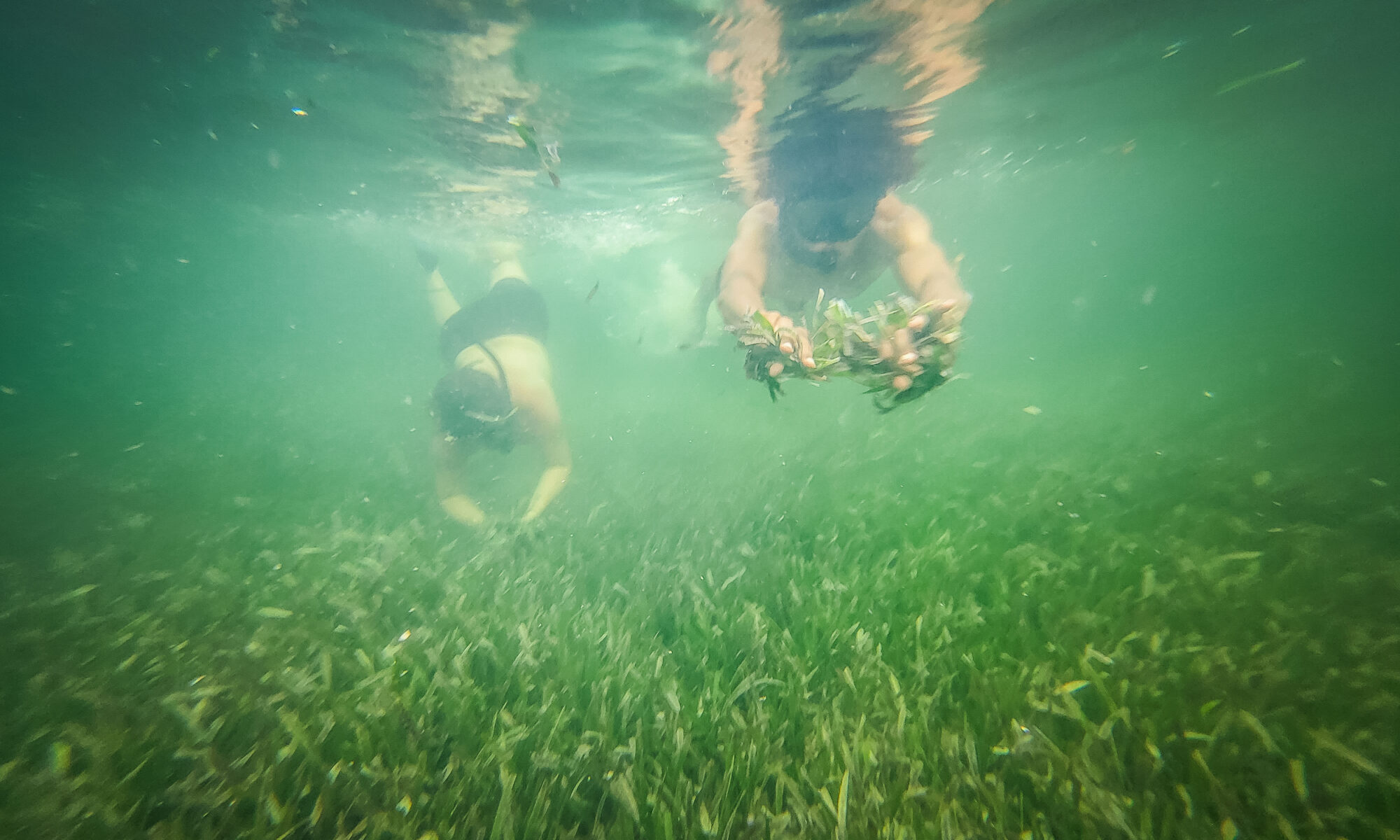Seas and oceans harbor countless undiscovered treasures. One of these is the seagrass Thalassia, specifically the species Thalassia testudinum. Long recognized for its ecological importance, this marine plant serves as a vital food source for creatures like sea turtles and plays a key role in protecting vulnerable Caribbean coastal ecosystems. Recently, scientists have discovered that Thalassia contains significant anti-carcinogenic compounds, capturing the attention of researchers and marine science biomedical institutes. Currently, the plants are harvested from their natural habitats for laboratory processing. However, this practice could cause tremendous pressure on the species, leading to biodiversity loss and potential ecological disasters.
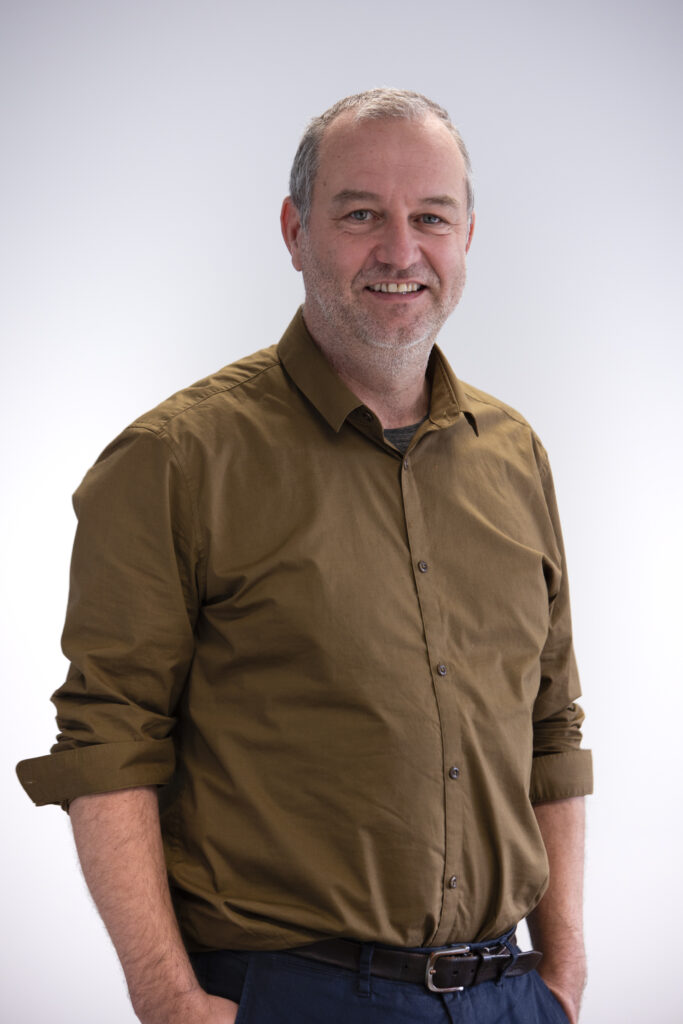
Professor Wim Vanden Berghe’s lab in Cell Death Signaling, in collaboration with Prof. Emmy Tuenter’s pharmacognosy lab, UGent colleagues of Plant and Blue biotechnology, together with partners at the VLIZ-Innovocean campus in Ostend, University of Havana and the ICIMAR Institute of Marine Research in Cuba, are investigating sustainable ways of in vitro cultivation of these plants, enabling the extraction of the seagrass’ anti-cancer compounds without harming the environment.
In Vitro Cultivation
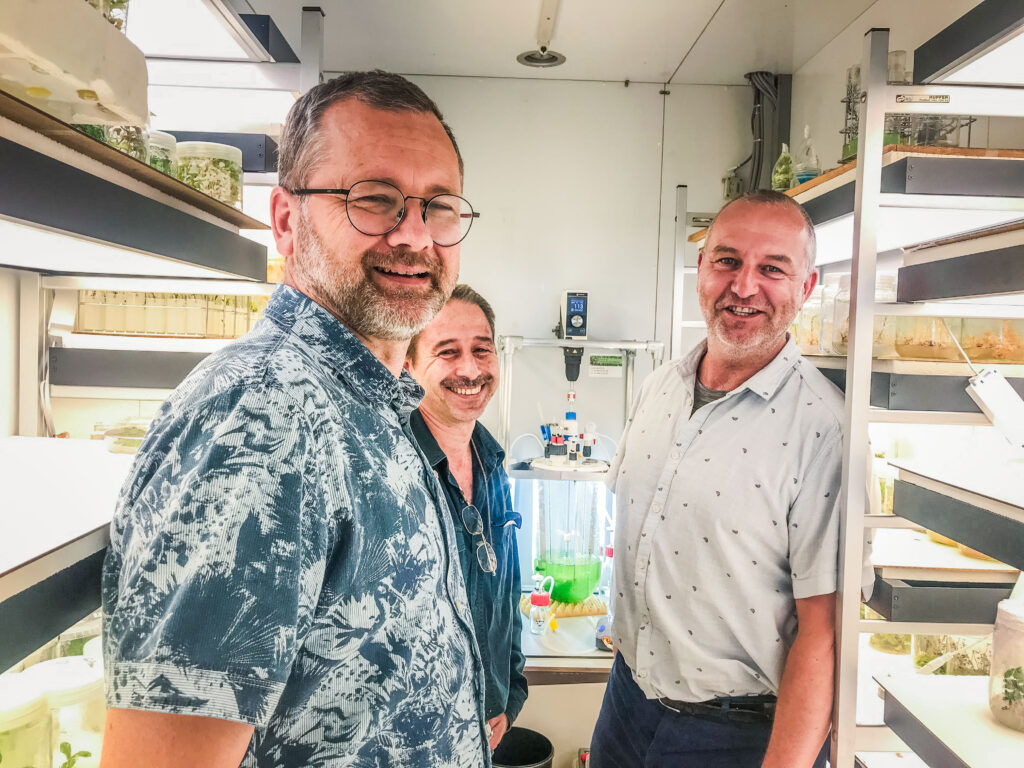
‘With this North-South VLIR-UOS supported TEAM project, the international research consortium focuses on isolating bioactive compounds from Thalassia that function as new anti-cancer agents’, explains Professor Wim Vanden Berghe of the University of Antwerp. For Cuban partners, Thalassia initially posed a logistical issue: large amounts of the seagrass wash ashore annually, rot, and starts smelling, deterring tourists. ‘Instead of destroying it all, our colleagues investigated whether the plants contained any recyclable medicinal bioactive compounds. They managed to isolate and identify a new biomedical component’, says Vanden Berghe.
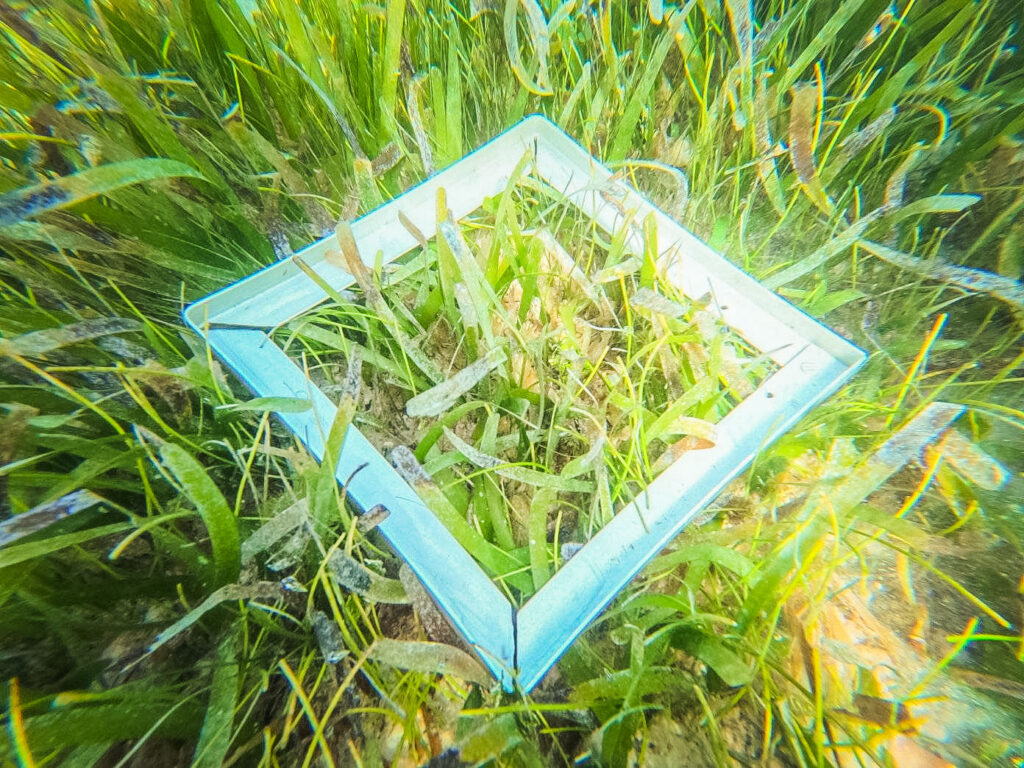
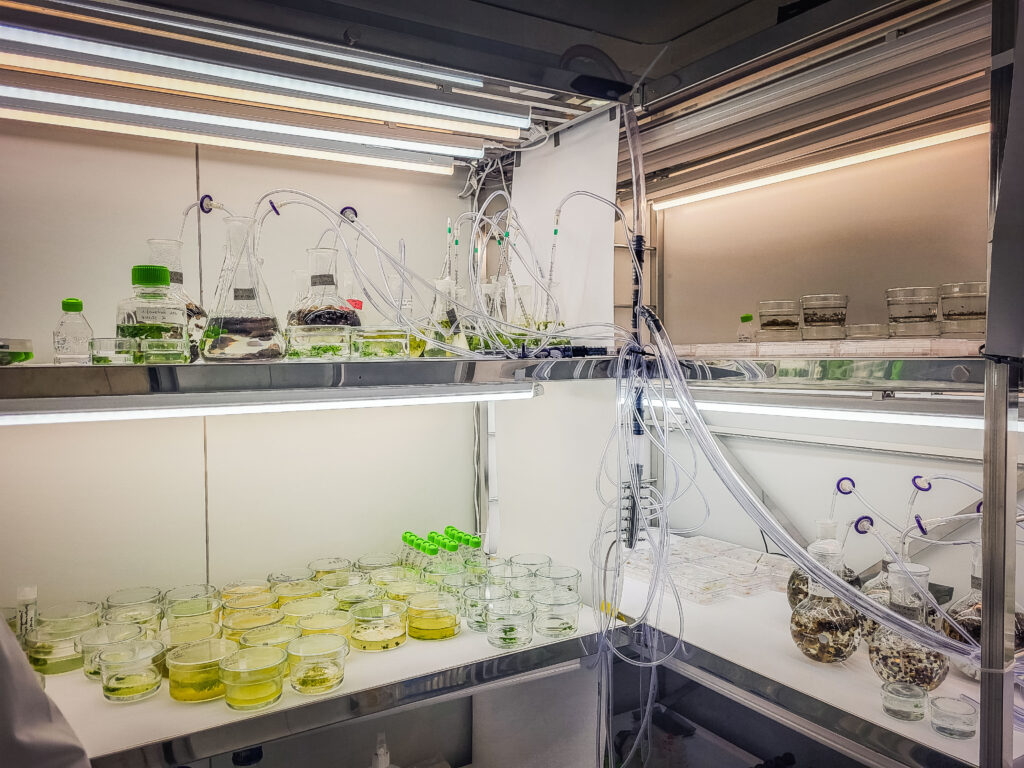
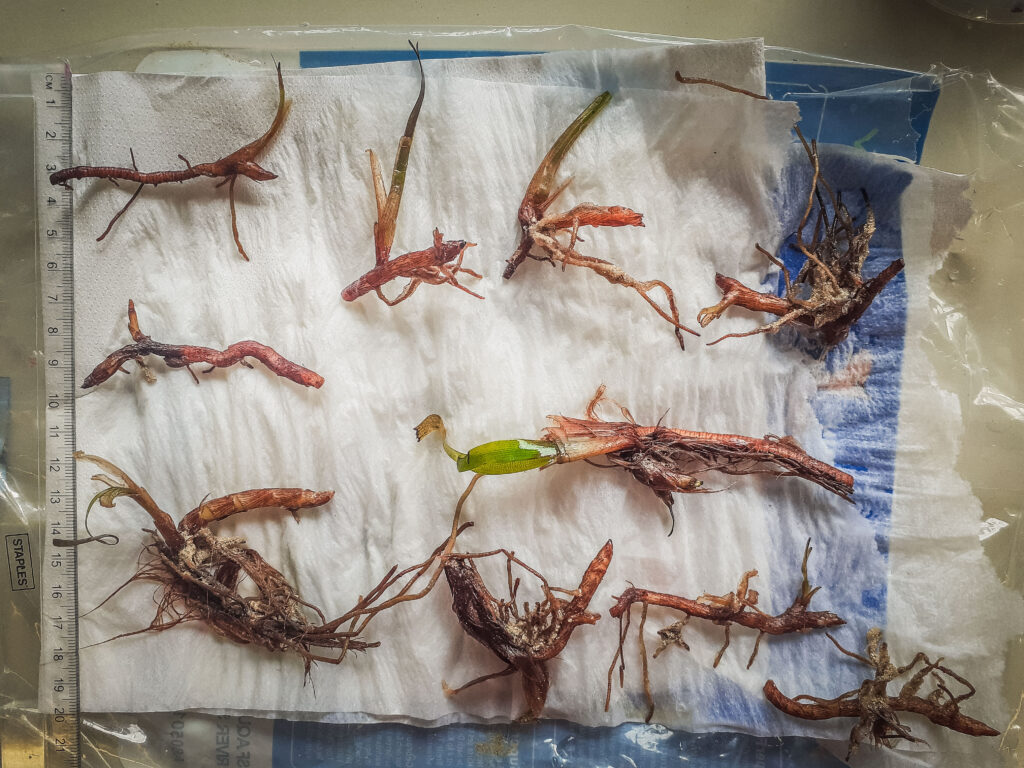
Currently, the plants are harvested in their natural environment and further processed in laboratories. While this offers potential for cancer treatment, large-scale harvesting risks biodiversity loss and ecological crises.
To address these challenges, Vanden Berghe, his UGent and Cuban collaborators and VLIZ-researchers in Ostend are developing innovative in vitro cultivation techniques for Thalassia, ensuring the sustainable extraction of its anti-cancer compounds.
Beyond its scientific significance, the project has economic implications for Cuba. Medicines are often too expensive with limited availability, while climate change increases sun exposure and the prevalence of skin cancer. Locally producing a treatment provides an affordable and accessible solution.
Thalassia is a vital food source for creatures like sea turtles and plays a key role in protecting vulnerable Caribbean coastal ecosystems.
A Sustainable Future for Marine Medicine
Professor Vanden Berghe emphasizes the importance of a sustainable approach complying with the Nagoya protocol of benefit sharing: ‘If the pharmaceutical industry begins harvesting seagrass on a large scale, it will inevitably strain the ecosystem and exhaust local biological and socioeconomic resources.’ The project, therefore, focuses on building local capacity for in vitro cultivation methods, eliminating the need for wild harvesting.
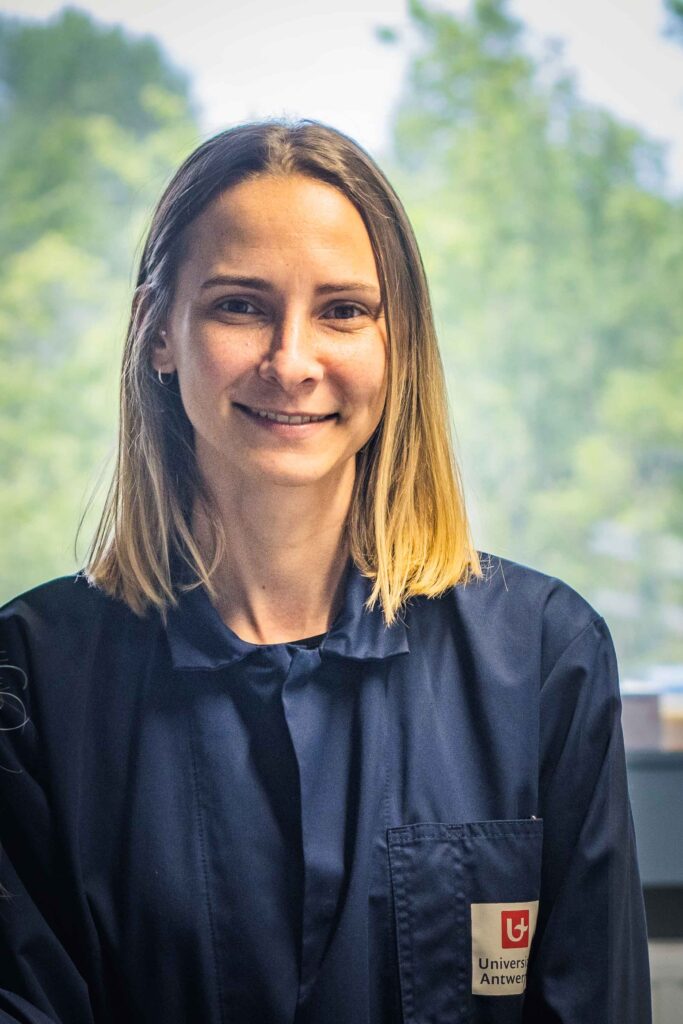
Cuban Ph.D. researcher Elisabeth Reyes sees great promise in this approach. ‘The future of marine phytomedicine is bright. We’re achieving excellent results with our in vitro models. This is not only crucial for our project but also for the broader development of natural medicines. It’s more affordable than expensive antibodies and more accessible for our society.’
The team plans to present their findings to the regulatory authorities soon and begin (pre)clinical trials. ‘If in vitro production succeeds, it’s a win-win’, Reyes concludes.
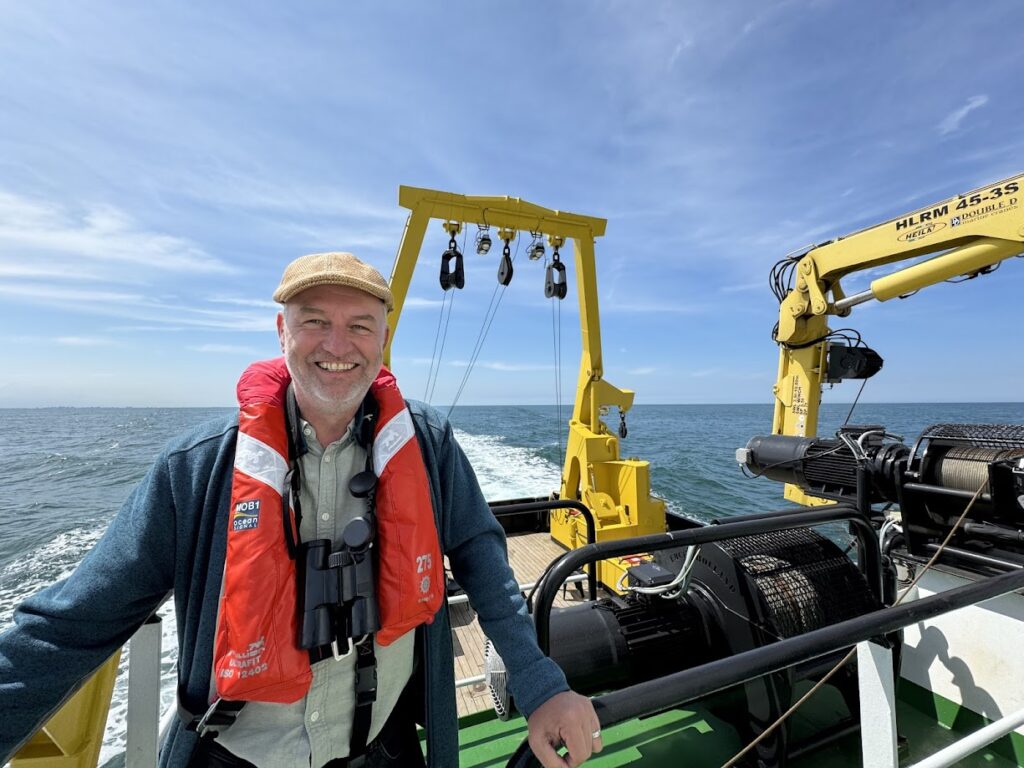
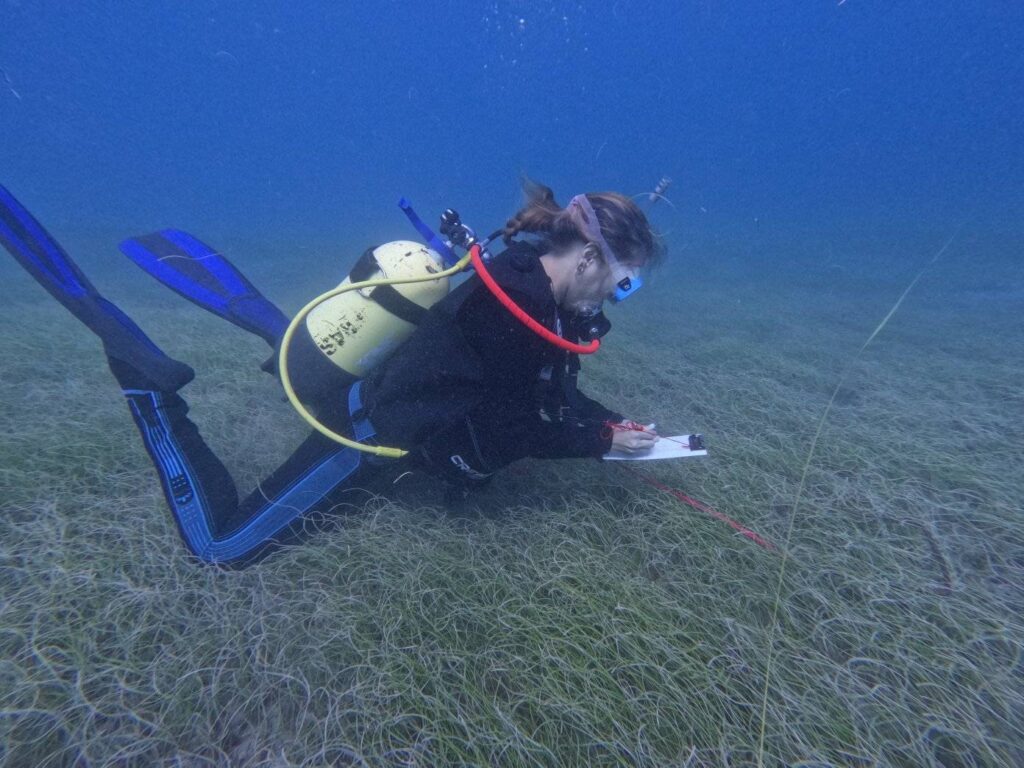
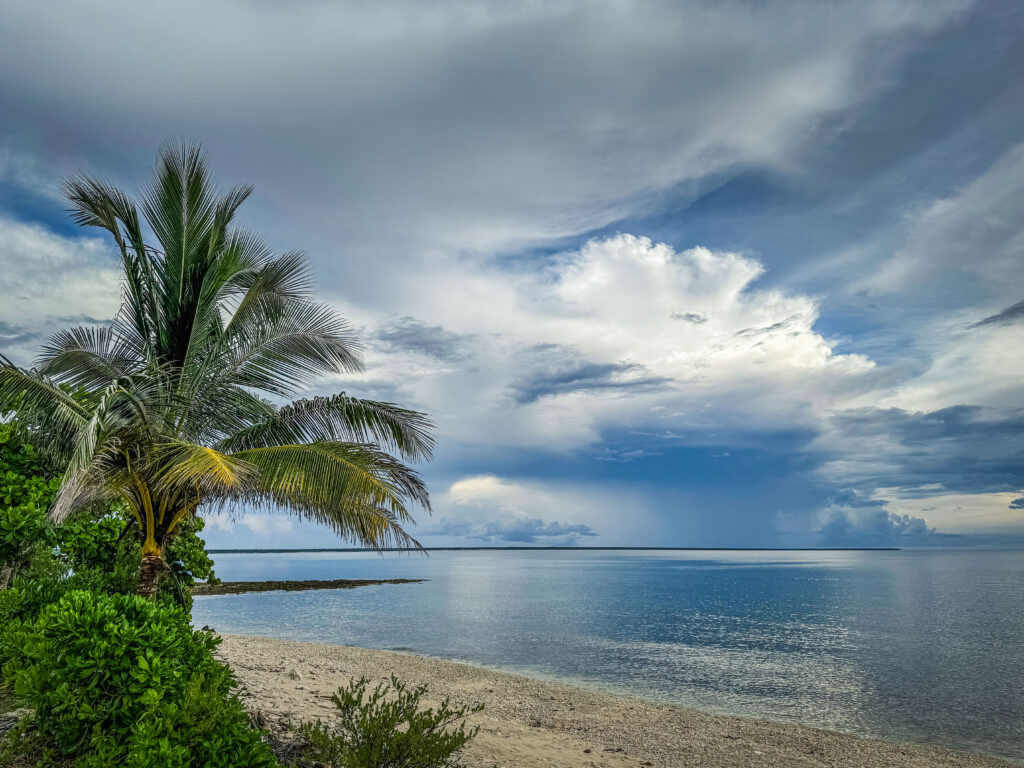
This project could set a precedent for the future of natural plant medicines, demonstrating how a marine seagrass derived compound can lead to cost-effective treatments for cancer patients. The research into Thalassia testudinum highlights how science, sustainability, and innovation can go hand in hand demonstrating how the VLIR-UOS philosophy of “sharing minds can change lives”.
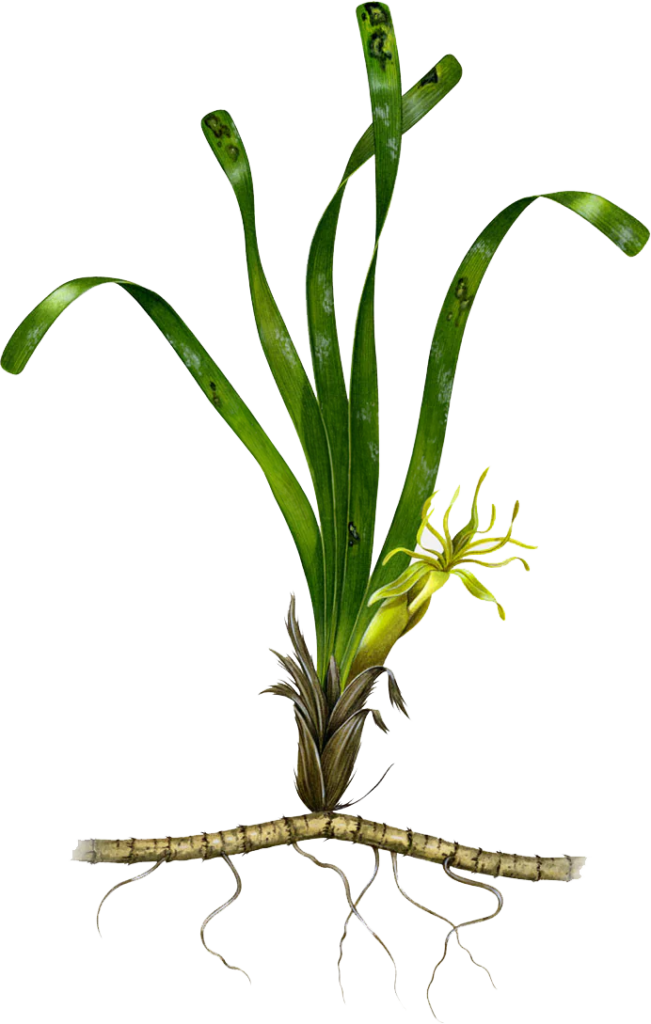
The Ocean as the Pharmacy of the Future
Plants possess primitive defense mechanisms, being in an early stage of evolution and lacking an immune system like ours. Instead of white blood cells, they rely on oxidative iron metabolic responses for defense. This ancient mechanism is also found in marine organisms such as seaweeds and algae, which lack immune systems and manipulate oxidative rusting systems to survive—a process called ferroptosis.
Ferroptosis is a specific type of programmed cell death where a cell dies because its membrane is attacked by oxidative rust and disintegrates. Since certain cancer cells are particularly vulnerable to this, ferroptosis offers an intriguing strategy for killing them. By activating processes that enhance ferroptosis, scientists may better combat tumors and inhibit their growth.

